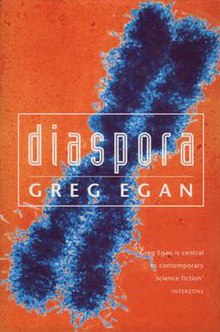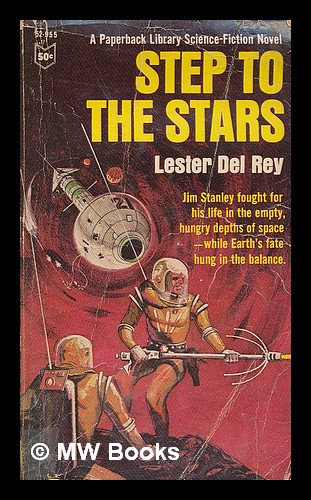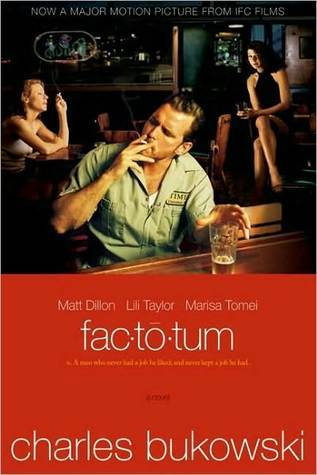I recently finished Seveneves by Neal Stephenson. The Earth suffers a catastrophe, and it follows a bunch of scientists trying to create a sustainable habitat in space. Then five thousand years later, it follows the return to Earth. It had most of the usual Stephenson flaws, plus a few new ones, but without the usual amount of fireworks and pizazz. Having said that, I still thoroughly enjoyed it. I've seen a fair bit of dislike over the five thousand year time jump but I very much liked the second section. Stephenson could give free reign to his imagination, whereas the main point of the first section was to be grounded in our every day reality of technological limits etc. It made a good contrast. Though I didn't much appreciate what felt like a four hour lecture one afternoon on orbital mechanics, with occasional interjections of excruciating political shenanigans. I usually appreciate when Stephenson goes into crazy detail about how things work, but the orbital mechanics, goodness. Also he has rather suspect things to say about the relative merits and psychologies of scientists, artists, politicians. But overall it was really good.
I also finished Starship Troopers by Robert Heinlein. I had been under the impression this was generally accepted to be satire, but I guess that's just the film. I got more of a satire vibe from The Moon is a Harsh Mistress than from this. But neither of them are. I read Starship Troopers as a thought experiment, and it was enjoyable as such, which is quite a feat; it was Johnny recalling boot camp, recalling many school lectures on History and Moral Philosophy (?) more boot camp, a few battles, more lectures. I found it amusing how Johnny would go on about how important his army buddies were, yet we pretty rarely met any or observed him interacting with them, apart from a little bit near the end. Which is illustrative of the whole book, really.
I am currently listening to Red Mars by Kim Stanley Robinson. I wasn't too sure about the beginning, all about politics and relationships, serving as a kind of focussing lens I'd guess. But we're getting down to the nitty gritty of building stuff now, which is great.
I also started Masters of the Planet by Ian Tattersall, and The Unreal Life of Sergey Nabokov by Paul Russell.
















